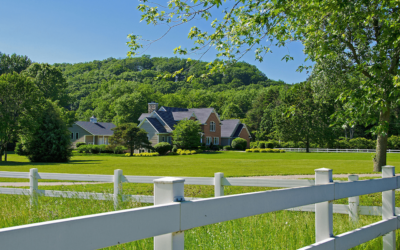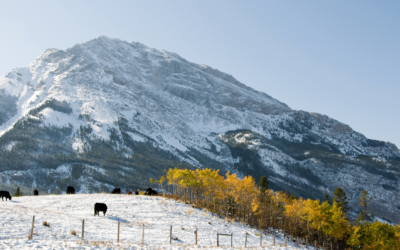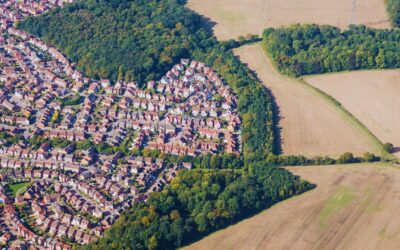There’s a lot to consider when buying acreages in Alberta. Here are 10 of the most common questions we get asked about buying Acreages and Country Homes in Ontario.
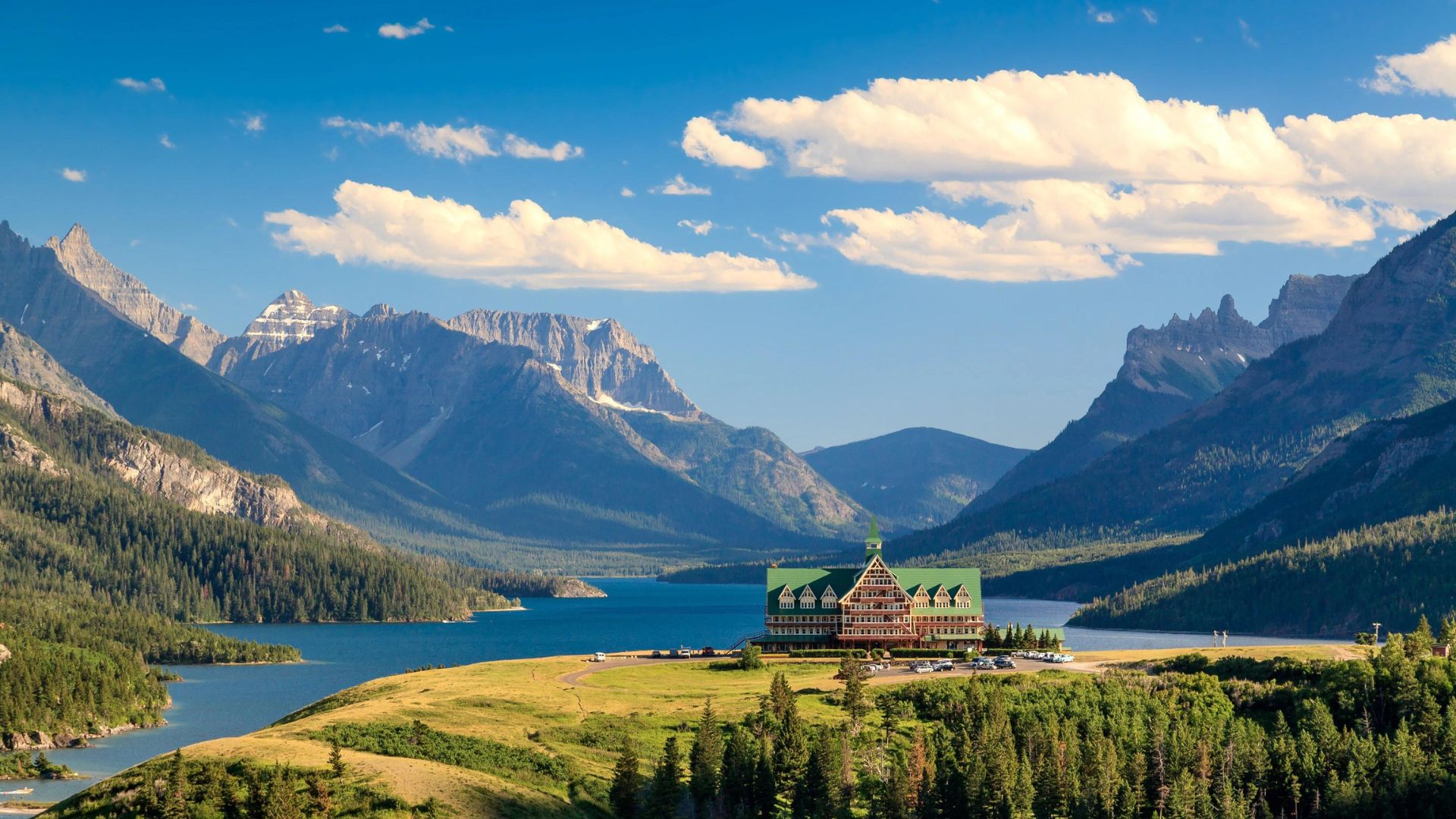
For those looking to buy a country home or home on a few acres, we’ve rounded up answers to 10 of the most common questions buyers ask when considering an acreage in Ontario.
From land use to affordability, utility systems and vital services, there is certainly more to consider when you are buying a home on a larger acreage, rural home or hobby farm. In this article we cover 10 of the most common questions we get asked by buyers.
1. Is it more affordable to buy a country home than a suburban home in Ontario?
Sure, it’s absolutely possible to find a rural home that costs less to purchase than one in the suburbs but this is dependant on many factors – location being a huge one and then of course, the type of house, size of house, size of property, condition of house, market demand, etc.
In Ontario, the supply of rural homes is lower than suburban homes, making rural homes and acreages a “rare” commodity and on average you should expect to pay more for a home on acreage.
Now, if you have a budget of let’s say $1.5M, you could absolutely still buy an acreage in Ontario instead of a suburban home – but you may have to be a little more flexible on location and home condition to do so.
As far as other costs like taxes for example, you may have a higher tax rate in a more rural area or smaller town compared to a larger city but no, taxes are not always higher on larger properties. This depends on the municipality you are in and what the assessed value of your home and land is.
Keep in mind when you purchase a country home you will also be spending a little more on additional inspections (well, cistern and septic) and may have higher insurance rates depending on the property.
Buying a rural home is an investment. It may come with some additional costs but the quality of life and value to your family (and wallet) is well worth it long term.
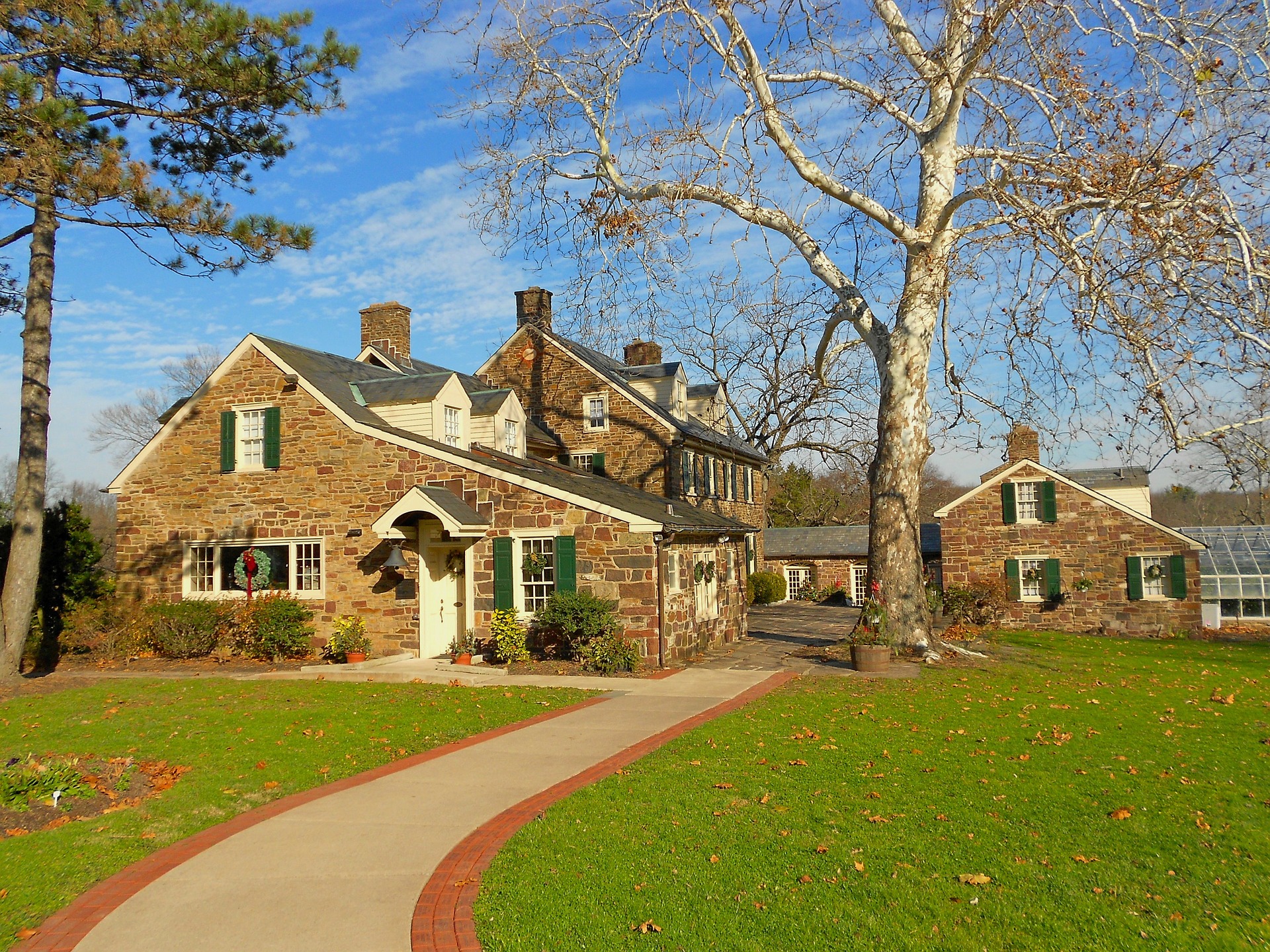
2. What conditions should I include in an offer when buying a rural home in Ontario?
Another property dependant question but in general we want to see the regular home inspection and financing conditions (if applicable). Second to those you’ll want to include septic and water system (well or cistern) inspections as well as a water quality test conditions. You may want to include a zoning check and/or include a due diligence condition as well to confirm you can do what you plan to on your rural property.
Conditions related to paying HST, Tenant Farmers, Tax incentive programs, lawyer review, heating systems, WETT certifications, and many more could all apply.
There will also be important warranties and representations from the seller that you’ll want to include in your offer to protect yourself.
3. The home I am interested in is on an unpaved road, who will maintain this road?
This is always a great question and an important one to find out early on.
Generally this is easy to confirm with the seller, listing agent or local municipality.
If the road is unmaintained by the local municipality you will want to find out if there is an agreement between neighbours as occasionally they pool together to have the road at least ploughed in the winter.
No matter how long and winding your driveway is, you will of course be responsible for all maintenance and snow removal.
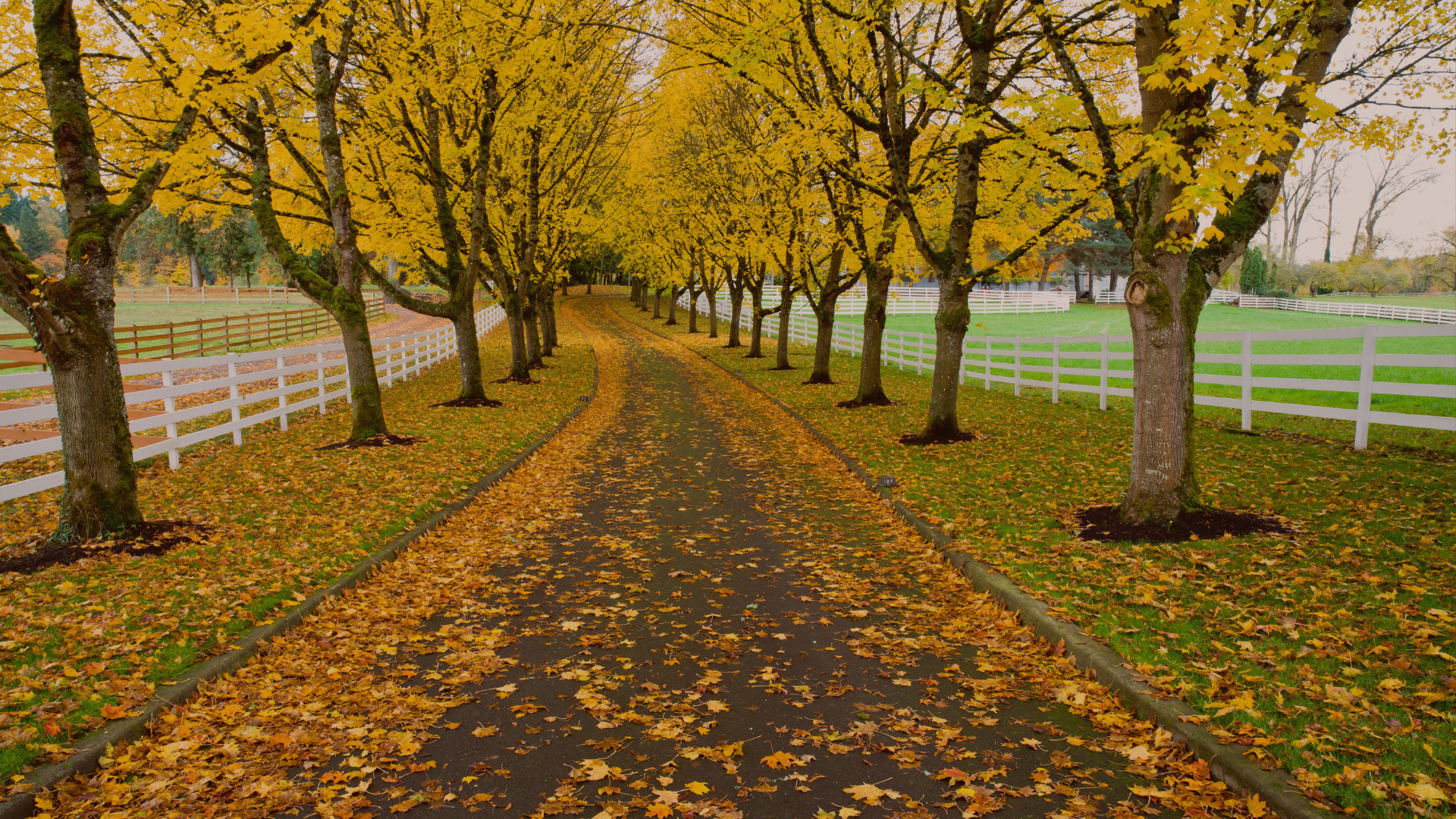
4. How do I know they won’t develop the farmland behind my house?
Now this can be a little more difficult to answer …
The first step is to check the zoning of the surrounding properties… Do they have environmental zoning protecting the area? Are they zoned agricultural? Is it in the Greenbelt or under the jurisdiction of another conservation authority? What is the history of the area and does the local government have track record for allowing a lot of development to take place with passive re-zoning policies or have they been more restrictive in that regard?
Next, check how close the nearest town is. Is there a lot of development and urban sprawl happening there? Is the rural home located on the outskirt of a small town in Ontario?
Have there been any Minister’s Zoning Orders (MZO’s) granted nearby?
Unfortunately there is no predicting if development could happen 10, 20 or 50 years into the future. If the surrounding properties are environmentally protected or within the Greenbelt you are likely ok but even agricultural (and sometimes environmental) zoning doesn’t always guarantee the farm next door will stay that way.
We go out of our way to do as many checks on this as possible when helping you buy a rural home in Ontario.
5. Can my home inspector also inspect the septic system?
Typically no. Usually you’ll want a company that can pump the septic to verify if it is in good working order.
6. A farmer is renting the property I am interested in on a handshake, is this a cause for concern?
Typically no… I mean we always prefer to have things in writing but this is not always how it works in rural areas.
You can confirm the details prior to offering on a rural home that has a portion of the land rented to a tenant farmer. You could also ask the seller via a condition if the tenant farmer would be open to signing a rental agreement that details the rate, location and length of the lease.
It can be great to have a tenant farmer – why not have a little extra income if you’re not using the land anyway? But if this is not for you, or you need the land, confirm the details prior to your purchase and write in your offer to confirm vacancy at closing or end of lease term.
(Please note – this is a very simplified asnwer, if you want to buy a rural home in Ontario with us but are concerned about handshake agreements, please email us here).
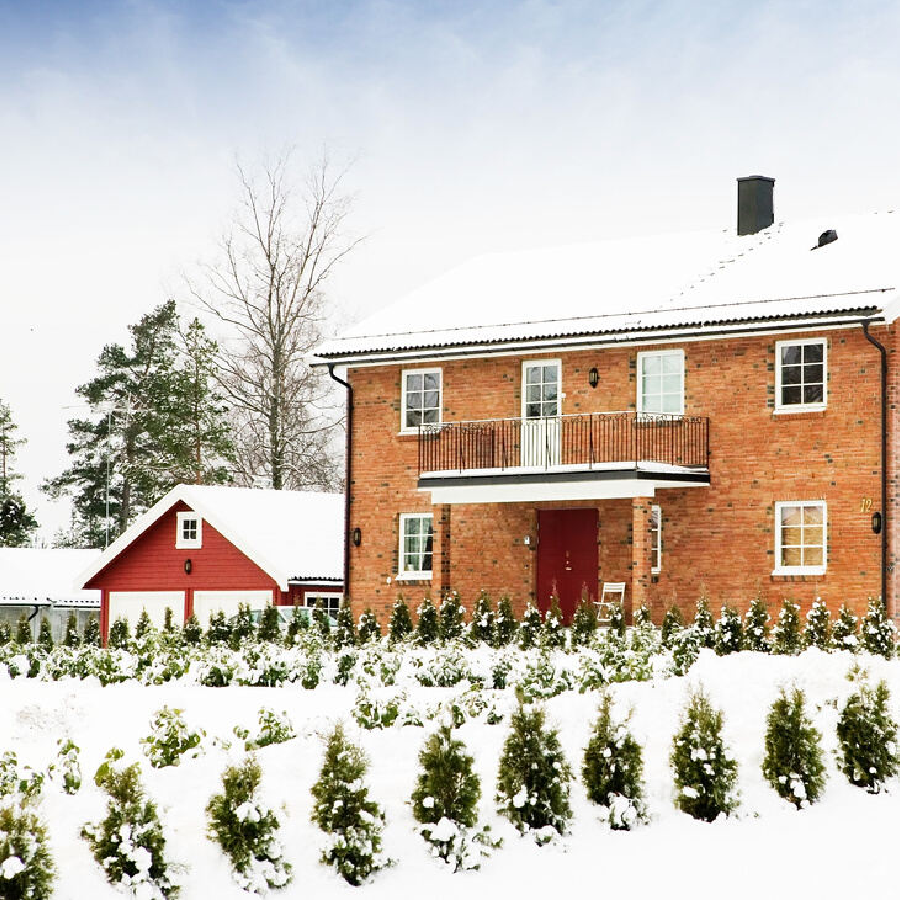
7. What happens if my property has an Environmental Protection (EP) zoning?
This doesn’t have to be cause for concern but due diligence up front is required.
Most municipalities have a map showing what areas of the property are considered protected.
Now, typically you cannot build on these areas. This is fine if you have a large property and only a small portion zoned EP. You can run into issues when the majority of property is protected meaning aside from the currently standing house, you may not be able to built a detached garage, workshop or barn on the property.
Your can read more about this here.
Most of the time the EP zoning protects forested or marshy areas – places you wouldn’t generally build on and that add a charm to the rural property as is.
8. Do I need a survey to buy acreage in Ontario?
No, you do not legally require a survey to buy a country home in Ontario. Is it a bonus if the home owner has one, yes absolutely, but it is generally not mandatory (unless a lender happens to request one for example).
9. How do I know if they water is safe to drink?
You need to get a water quality test done. Preferably you do this during your conditional time period.
Often this is a free service offered by the local municipality (through Public Health Ontario). If you need a rushed order you may have to pay for this at the municipality or take the water sample to a private company to test it.
This test should be done for both well water systems and cisterns on country properties.
10. What is the internet service like?
A very valid question in todays age.
Unless it is an extremely rural, the home should have access to a decent internet service.
This question can be asked of the seller in advance, you can use Google to search for local internet services – most of these have an address search on their website and you can see if typical services like Bell or Cogeco are offered there.
If not, there are also smaller internet companies that offer services in rural areas in Ontario like Starlink, Xplornet and Swift amongst others.
Have questions about buying acreage in Ontario? Send them to info@landandtitle.ca and we’ll have the answer.
You May Also Like…
10 Common Questions About Buying Acreage in Alberta
There’s a lot to consider when buying acreages in Alberta. Here are 10 of the most common questions we get asked about buying Acreages and Hobby Farms in Alberta.
The Changing Landscape of Canadian Farms
What is Causing the Change to Canadian Farmland? The total number of farms in Canada has been...

